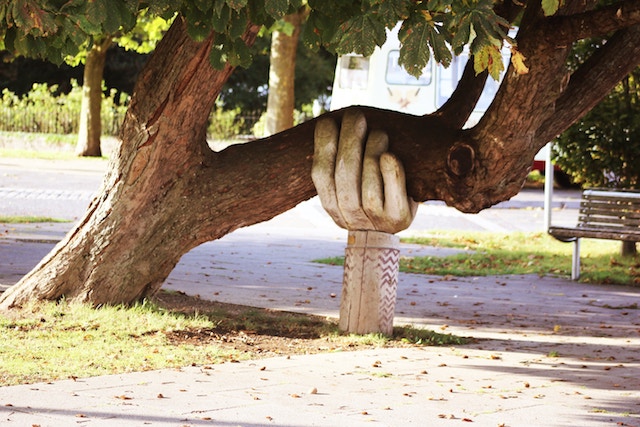The Rise of Social Entrepreneurship.
Have you ever been leery to donate your hard-earned money to charity?
Ever find yourself asking, “Will 100 percent of my donation go directly to the cause?”
Were you outraged to learn a portion of it would actually go to overhead expenses—or worse—marketing?
You’re not the only one.
Most of us believe that if we’re donating, it should go directly to the cause.
So how come when we purchase a soda or the latest kicks, we don’t ask the same questions?
I previously held the belief that non-profits, by nature of their structure, were inherently more ethical than any for-profit companies with a baked in philanthropic component could ever be.
Then, I watched Dan Pallotta’s TedTalk, The Way we Think about Charity is Dead Wrong, and my mentality around charity expanded.
The truth is, as consumers, we actively participate in a system that backs big, for-profit corporations, and leaves the non-profit charities on their backs.
Think about it.
When you purchase a bottle of Coca Cola, you are supporting the corporation’s brand, message, profit, and impact (positive or negative) on the world, no matter how indirect or distanced the choice may feel.
If increased profits would allow a company to do more good, why wouldn’t we support that? If maintaining, or increasing overhead costs and bumping up marketing efforts could dramatically increase the direct impact on the cause, why wouldn’t we back that?
Enter: social entrepreneurship.
Social Entrepreneurship combines commercial and social issues in a way that improves the lives of people connected to the cause, where success is measured in terms of impact, not profit alone.
Let’s look at an example.
I used to buy Tampax Pearl tampons. Then, I learned that corporations are not legally required to disclose the many harmful chemicals their products contain. I could have ignored that fact, bought the damn tampons like I had for years, and gone about my business.
But I realized a fundamental fact I couldn’t bury into my subconscious: by purchasing that product, I was supporting something that I’m fundamentally against.
And I wasn’t okay with that.
Naturally, I turned to the internet. Along my search for alternatives, I discovered Lola organic tampons. They were a little more expensive than the previously mentioned brand, but the experience and convenience they offered, along with their mission and social impact, transformed a passive purchase into a political statement.
That was something I could get behind. And throw a couple extra dollars at.
Now, I’m not suggesting we all become radical conscious consumers overnight.
I’m simply challenging a return to childhood curiosity, where we asked critical questions unapologetically like we did before we were taught to keep our opinions to ourselves, play nice, and continuously hush our inner consciousness.
I’m suggesting that we all, as consumers and supporters of these companies in the marketplace, think a little more critically about the purchases we make every day, their effect our choices have on ourselves, our communities, bank accounts, and the world.
Because the small purchases we make everyday matter, and it’s time to change our thinking around charity.
Social entrepreneurship only exists because of conscious consumers. If the market demands it, companies have no choice but to satisfy the demand.
So the next time you’re about to buy a coffee, a household cleaner, or a plate of food, simply ask yourself, “Is this a reflection of who I am? Do I support this brand, what they stand for, their message, and the impact they’re having on the world?”
It’s easier not to ask these questions. To pick up the box of fried chicken, dull that inner whisper, and continue on as a passive purchaser.
Mother Teresa famously said, “I alone cannot change the world. But I can cast a stone across the waters to create a ripple.”
If every single person on this planet took a moment to contemplate this moral dilemma, cast a stone by making small, simple changes, imagine how far that ripple would run, the massive collective impact we could have on the consumerism, the norm, and the world at large.
~
~
~
Author: Jamie Caroccio
Image: Neil Thomas
Editor: Travis May
Copy Editor: Callie Rushton







Read 0 comments and reply